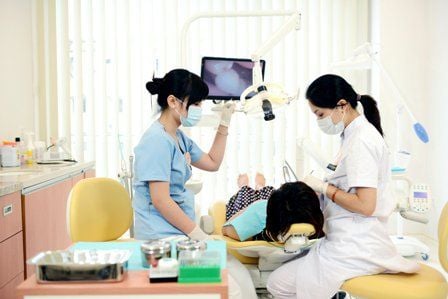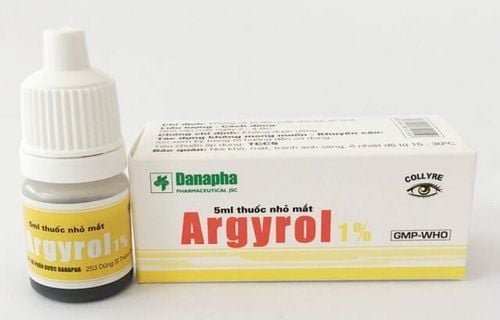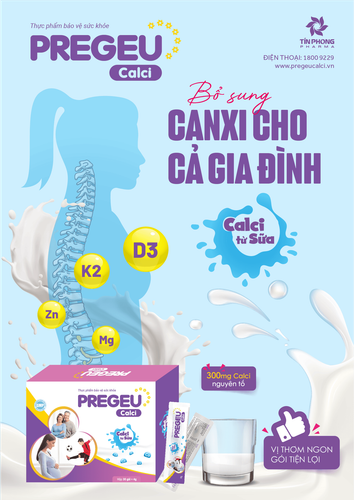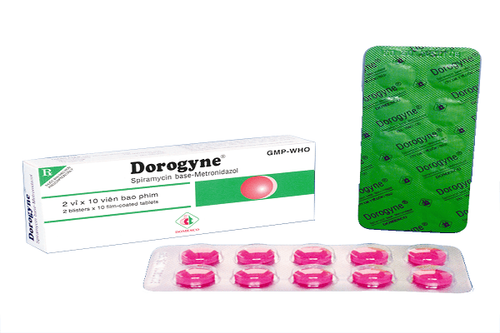This is an automatically translated article.
Statistics from the National Institute of Odonto-Stomatology recently showed that the number of Vietnamese children suffering from tooth decay is on an increasing trend, up to 80% of children aged 4 - 8 years old have tooth decay, more than 90% of the children taking care of them. Improper teeth. Daily brushing is a habit that any child is asked by parents to do to help them protect their teeth. However, improper brushing can cause bacteria to grow and attack the teeth and gums and wear away the enamel. Here is a guide for mothers on how to properly brush teeth for children aged 1-9 years old.1. Causes of oral diseases in children
1.1. Parents' subjectivity in dental care for children
Tooth decay from a young age not only affects children's oral health, psychological communication, but also causes many disadvantages for children when they grow up. An important reason is that many parents are not fully aware of the meaning of dental care in their children, thinking that their children are still young and do not need to brush their teeth daily.1.2. The popularity of canned food, fast food
Improved living conditions mean that Vietnamese people's eating habits have changed a lot in recent years. If in the past Vietnamese people ate healthier with fresh foods, now, canned food, fast food, and sugary drinks are increasingly popular. This is one of the causes of oral diseases in children.Trắc nghiệm: các chỉ số cần chú ý về sự phát triển thể chất của trẻ
Chiều cao, cân nặng của bé ở từng giai đoạn nên là bao nhiêu là bình thường, bao nhiêu là bất thường? Cùng ThS.BS Ma Văn Thấm điểm lại xem bạn đã nắm được các chỉ số phát triển thể chất của bé chưa nhé!The following content is prepared under supervision of Thạc sĩ, Bác sĩ y khoa, Ma Văn Thấm , Nhi , Phòng khám Đa khoa Quốc tế Vinmec Dương Đông(Phú Quốc)
1.3. Excess sugar in food and bacteria in your child's mouth
According to research by experts in odontology, it is the excess sugar in food and bacteria in the mouth of children that cause tooth decay. When combined, they form plaque on the teeth. If you don't brush your teeth thoroughly every day, the bacteria in plaque will secrete harmful acids, destroy tooth enamel and cause tooth decay, and over time will form tartar (tartar) causing gingivitis (redness, swelling). and bleeding gums), periodontal disease and even tooth loss if not treated promptly.
2. Risks and effects
Many recent studies have proven: Tooth decay and gingivitis are closely related to other diseases for the body in adulthood such as cerebrovascular disease, diabetes, metabolic syndrome, arteriosclerosis, respiratory disease, bone glass, premature birth, slow fetal growth,...However, most parents believe that baby teeth will be replaced by permanent teeth, so when they see their child has decay, they still do not care. treat. Meanwhile, baby teeth have very important functions for children such as chewing when eating, pronunciation, aesthetics and "placeholder" for permanent teeth to grow, stimulating jaw bone development.
Age of baby teeth lasts 6 - 12 years. In the process of teething, each tooth will be replaced in turn, not at the same time, so if the baby tooth is extracted early due to tooth decay, the adjacent teeth will be displaced, taking the place of the permanent teeth. When being "squeezed" like that, permanent teeth are forced to grow crooked, grow obliquely or in some cases can't grow, which must be adjusted very expensively. In addition, children lose their baby teeth early, if they don't eat and chew, the jawbone will not develop, leading to an unbalanced face.
3. Dental care instructions for children by age
Early dental health care for children is important for parents. There are many ways to protect and prevent dental disease for children, in which, parents should pay attention to choosing an age-appropriate toothbrush and toothpaste and practicing proper brushing.From 8 months of age: Baby starts teething. From one year to two years old: Parents need to actively brush their children's teeth. When your baby has not yet teethed or has just erupted a few first teeth, you need to clean the baby's gums with a soft gauze soaked in clean warm water or diluted salt water. When children are 3 - 6 years old: Children begin to grow molars and alternately change their teeth, changing from baby teeth to permanent teeth. At this point, parents can let children brush their teeth every day under adult supervision. Children 6 - 9 years old: Parents should still check their children's brushing regularly to make sure they're brushing properly.
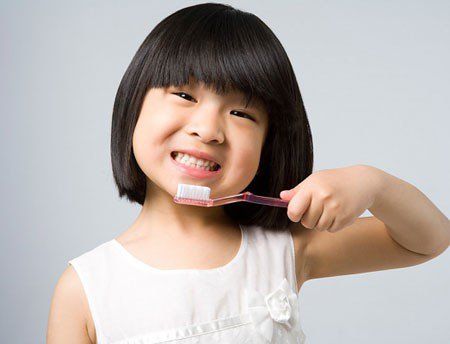
Divide the brushing and oral hygiene schedule at a reasonable time. physical. You need to instruct your child to brush his teeth regularly twice a day (morning and before going to bed). Brush teeth properly so that children do not have pain and discomfort; At the same time, it brings high efficiency in dental care and protection. That is to put the brush gently so that the bristles fit snugly on the tooth surface, brush each group of teeth, each group of 2 - 3 pieces, brush all three teeth: the front, back and chewing surfaces. The ideal brushing time is about 2-3 minutes. Note to choose the right toothpaste for each age of the child: Choose a sugar-free formula, containing Xylitol and Active Fluoride to fight tooth decay. Many infants tend to like to eat or suck on toothpaste, so parents need to choose a toothpaste that is safe if a child accidentally swallows it. As a popular children's toothpaste line in many Asian markets such as Japan, Thailand, and Singapore, Kodomo toothpaste of the Lion brand has a sugar-free formula, added Active Fluoride and Xylitol to help prevent tooth decay. Effective, safe for baby if accidentally swallowed. Choose a toothbrush for children: Parents need to give preference to a type with a small round head with a long brush neck so that the child can easily manage when brushing deep to the back of the teeth. The bristles are super soft enough to remove plaque without scratching the gums.
4. Create interest in brushing your baby's teeth
For children, brushing teeth is a rather difficult action, which can cause discomfort and irritation. Please patiently explain to me the importance of maintaining oral hygiene, the harms caused by tooth decay. And the simplest way to prevent dental disease is to brush your teeth regularly.In addition to choosing a toothbrush with cute designs and outstanding colors for your baby, a toothpaste with an attractive scent, you need to know how to create excitement to help your baby enjoy brushing every day simply as follows:
Brush teeth with your baby and compete to see who brushes their teeth better, cleaner, fresher breath. When your child finishes brushing his teeth, praise him: Your child is very good, your teeth are whiter and more beautiful, you brush your teeth properly, so your breath is fresh, ..., the baby will be more interested in Brush teeth properly and regularly. Teach your child to brush his teeth regularly every day at a fixed time so that he or she has a habit, until that time knows he has to brush his teeth. Show your baby the difference between beautiful white teeth caused by regular brushing and dull, ugly teeth caused by lazy brushing to give them more motivation and excitement. In the house, mothers should always have two or three different flavors of toothpaste available (apple, orange, strawberry, grape) or a few brushes with different colors to help children have many choices. In addition, let your baby go for regular dental check-ups 1-2 times a year to prevent common dental diseases.

For children to be healthy and develop well, it is necessary to have a nutritious diet in terms of quantity and quality balance. If children are not provided with adequate and balanced nutrients, it will lead to diseases of excess or lack of nutrients, which adversely affect the comprehensive development of children in terms of physical, mental and motor skills.
Children who do not eat properly are at risk of micro-mineral deficiency causing anorexia, growth retardation, malabsorption,... If they notice the above signs, parents should supplement their children with products. The supplement contains lysine, essential micro-minerals and vitamins such as zinc, chromium, selenium, and B vitamins to help fully meet the nutritional needs of children. At the same time, these essential vitamins also support digestion, enhance nutrient absorption, help improve anorexia, and help children eat well.
Parents can learn more:
Signs of zinc deficiency in children
Micronutrient deficiency and failure to gain weight in children
Please regularly visit Vinmec.com website and update useful information to take care of your child. Take care of the baby and the whole family.





